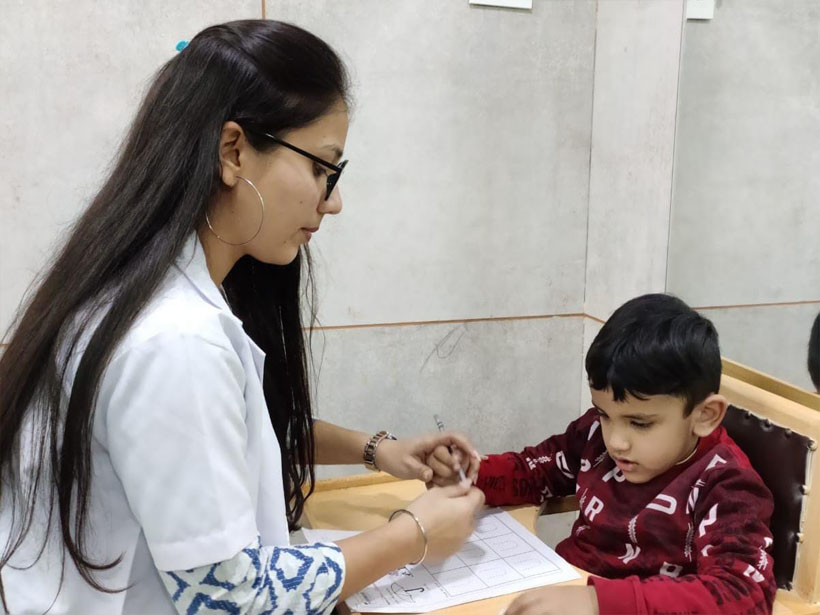 Special education is a vital part of the multidisciplinary treatment approach for children with neurological disorders. Special educators provide a range of services depending on the specific needs of the child.
Special education is a vital part of the multidisciplinary treatment approach for children with neurological disorders. Special educators provide a range of services depending on the specific needs of the child.
Assessment and Planning
Children with special needs are assessed to determine their specific strengths and weaknesses. This assessment helps in identifying their needs and designing an intervention plan, which leads to the achievement of a higher level of personal self-sufficiency.
Designing Individualized Education Program (IEP)
Special educators create an Individualized Education Program (IEP) for each child. The IEP addresses each child's unique learning needs and includes specific educational goals. For children under the age of 3 years, an Individual Family Service Plan (IFSP) is prepared based on the child's current level of development in all areas. These services help children and their families achieve better outcomes.
Each child must have an Individualized Education Program (IEP) that addresses their specific needs. The IEP includes both long-term goals, assessed at the end of each term, and short-term goals, assessed every few months.
Modifications and Accommodations
Based on the child's individual needs, modifications and accommodations can be made to the school curriculum, teaching methods, assistive aids or equipment. Specialized physical adaptations can also be provided to ensure the child can participate in the educational program comfortably. Their learning space can be adapted to reduce distractions and cater to their unique requirements.
Special education is crucial for children with special needs, as it ensures that education is accessible to them. These children often depend on their caregivers for daily activities.
Special education, along with other rehabilitation techniques, provides essential support to help them live a fulfilling and independent life. It helps discover the child’s interests and skills and encourages them to excel, boosting their confidence. Children are taught social skills and made aware of their surroundings. It promotes an independent life for neurologically challenged children and improves their overall quality of life through education and awareness.

Ms. Sneha
Special Education